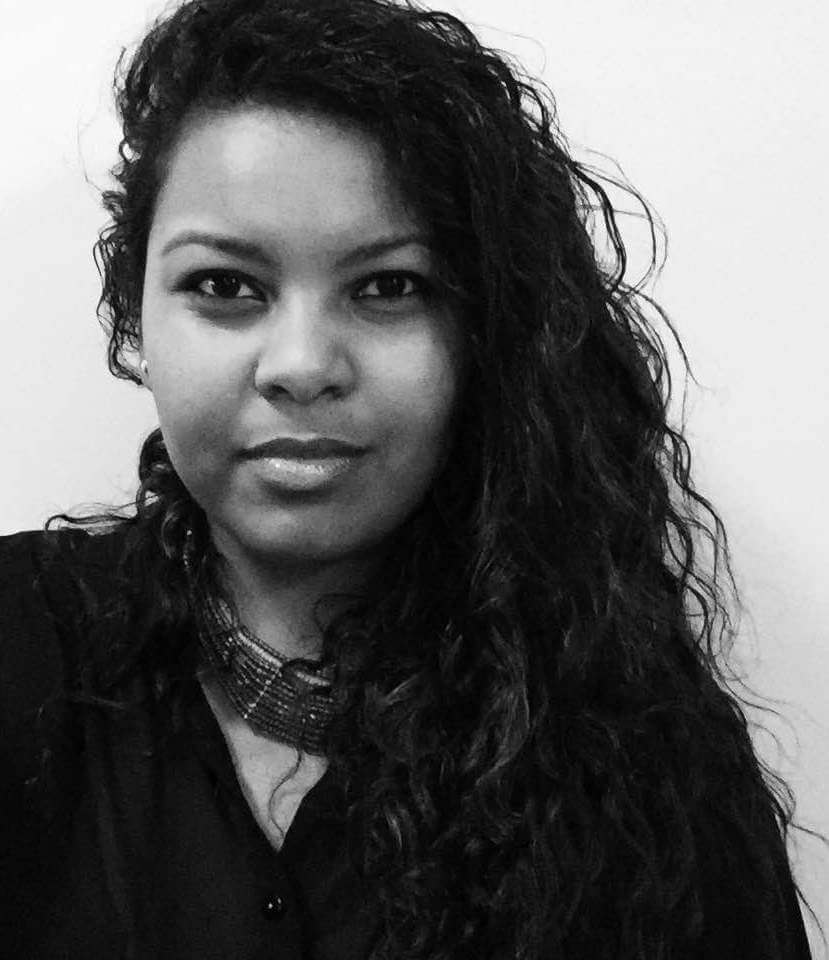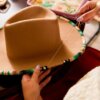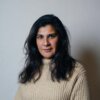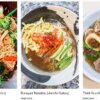Omnia Shawkat is an amazing, self-motivated woman who is powering and growing a digital culture in Sudan with her Cofounder via their platform, Andariya. In the midst of all the political, social and negative narratives trailing Sudan and South Sudan, Omnia Shawkat and Salma Amin Saad decide to leverage digital tools and amplify the trends, culture and diversely beautiful narratives that define Sudan – they created Andariya.
A bilingual (Arabic and English) digital cultural platform and magazine on and from Sudan & South Sudan, Andariya was launched on February 6th 2015 to fill the void and present solutions in the shape of an independent digital platform. The magazine covers grassroots issues as well as worldly issues from and about the two Sudans, with a mix of positive and critical perspectives on gender issues, technology, current affairs, and edutainment.
The platform strives to provide content for the socially conscientious, information hungry and worldly exposed Sudanese and South Sudanese audiences at home and beyond – in Arabic and in English. Leveraging multiple backgrounds across a rich network of youth and professionals from the Sudans, we present tasteful, insightful, sharp, critical and modern content.
Today, we interview Omnia Shawkat (who is also one of our mentors. Whoop!!) and ask her about growing a platform like Andariya.
For Creative Girls: Andariya is such a vital and needed platform. Can you share experiences from growing up and being an adult that influenced you and helped shape you into becoming an avid commentator on Sudanese affairs?
I grew up abroad most of my life so everything about Sudan I knew from my parents, my short visits and the media. It wasn’t until I became an adult and noticed how some countries had a better reputation, a more wholesome representation of its people and lands, that I noticed that Sudan ranked very low on all ends. This is when I realized media has a crucial role to play and our own was lagging behind while a manufactured narrative was already formed by international media. Most glaring were the gaps in representation, that was the motivation for starting Andariya, to tell the other stories falling through the cracks. Andariya being an open platform that welcomes commentary from Sudanese and South Sudanese people around the world and locally is integral for presenting diverse perspectives, nurturing inclusivity and challenging the narrative with timeless and impactful multimedia stories.
At what point did you begin to get the nudging that an artful digital representation of the Sudans was needed on the web? And how did that lead to creating Andariya?
When I started exploring what’s happening in the country and visiting for longer periods as an adult; I found the positive stories that aren’t getting airtime and realized the prevailing negative narrative is constructed in ways to mute the positive and amplify the negative. That was a nudging factor for a few years until I found my co-founder Salma Amin, on twitter! We had the same issues with the weak or rather lack of representation of Sudan and the same issue facing South Sudan. It was clear that a platform like Andariya was a long time coming, but the time was right with internet penetration increasing. We gave it a go and found an ocean of uncaptured content ready for audiences, both locally and internationally.
Related:10 Contemporary African Artists You Should Be Following
Since you started Andariya, what trends have you noticed about how young Sudanese are shaping their own narrative of Pop-culture and Tech?
Technology facilitated telling diverse types of stories and narratives and connecting artists both locally and internationally, we’re also seeing an up-tick in joint projects. I think when arts and culture are online for a larger group to see and engage with, that is already indirectly shifting narratives. This organic news propulsion is, in general, a good addition to the current media apparatus, but it is not as mainstream as traditional media in terms of capturing audiences. We’re seeing more younger artists occupy the space, some with no formal education in arts but they’re following their dreams and they’re using modern tools to get things done. The online space is inclusive a lot more than offline, thus they’re able to garner an audience of supporters and get critiqued, grow and flourish. It’s a communal arts environment where audience and artists engage directly in ways that can nourish the art ecosystem as a whole. The issue is, we’re seeing a divide between the young and older segments of artists who do not necessarily rely on the internet for the most part. Whether technology is able to bridge the gap or not is still to be seen.
The internet in Sudan is limited in the services and products available; we can’t boost posts or promote them to a wider audience on Google or Facebook, which are two of the biggest platforms for information sharing. This limits our ability to reach a wider audience with our content, but we strive to do so with multimedia and thematically diverse content.
The Andariya Magazine is so lit! How do you decide on themes and features?
Thank you! We started by choosing themes we can create a lot of content around and something everyone will naturally like i.e. travel and food. Then we began polling people for their preferences and curating content around that. People suggested diverse and inspiring themes that we took up and put on a board to tackle in different formats. It gave us an inkling about topics that we later developed content around and also an understanding of our audience and how they perceive our role in reporting.
There’s a new Andariya website in the works. What should we expect on the new website?
It’s a completely new design that mirrors our mobile app. The idea is to streamline the experience for the readers whether on desktop or mobile. We’re staying true to our colors of white, black, grey and turquoise but changing the fonts based on readers reviews.
Asides from running Andariya, are you engaged in other things?
Currently, I’m giving Andariya my full-time attention as we grow our content, team, coverage and expand into new territories. It has been an exciting and steep journey so more exciting things keep coming up within our goals and objectives, so I’m constantly rotating around the same orbit but in more challenging and interesting ways.
How do you make sure you are productive? Tell us about a typical day in your life from when you get out of bed.
I love working from home, I created a very comfortable home office so I only go to the office if I have meetings. I usually like to keep at least 2-3 days (including weekends) for staying home all day. I’m my most productive when I have large chunks of time to dedicate to tasks. I usually break the day into 2-3 shifts or so.
Shift 1: I’m a morning person (mostly) so I schedule all the creative tasks for that time of the day. I hate the heat and it’s inevitable in Sudan so my productivity plummets from noon until 3, I use that time to catch up on readings.
Shift 2: late afternoon to evening and if needed a third shift kicks in after a break with the family or a book and can last until well after midnight.
I like either complete silence or chill out music or even some hardcore electronic music if I’m racing towards a deadline.
The most important productivity tip is having a to-do-list or 2. I have my long-term list and I update my daily list while I have my tea/coffee and check newsletters first thing in the morning. I put everything there – even phone calls or emails, you never know what’ll slip your mind until it does and you cannot for the life of you remember what it was that you forgot (not a good feeling).
Tell us about 3 women you admire.
I never had an idol I can name right away, but I admire women with certain characteristics:
– strong, self-motivated, self-preserving, hardworking and driven women
– empathetic and compassionate but emotionally intelligent
– women who have fun!
Share your favourite websites and platforms channeling life-changing narratives.
I’m addicted to newsletters, my favorites are:
The Lily, The Broadsheet, Ann Friedman, Pocket, the Skimm, Axios, Axios Media, The Outline, The Hustle, The N Word by Nendo, Quartz Africa, Brass Ring Daily, She Leads Africa, Lenny Letter and always looking for more.
Want to get featured on FCG or see women you know featured? Tell us about women doing badass work or sing your own praise here. And we’ll feature you!






